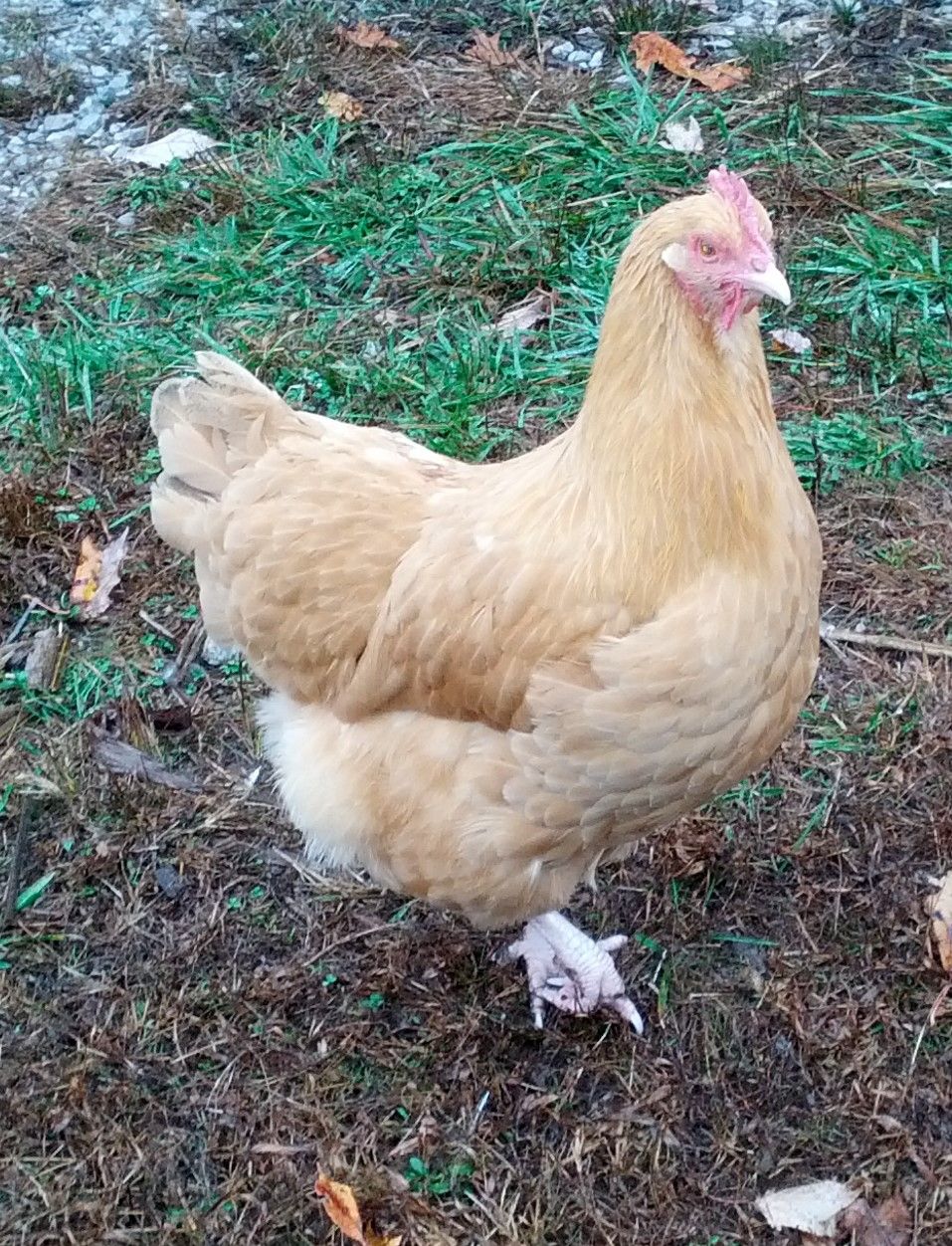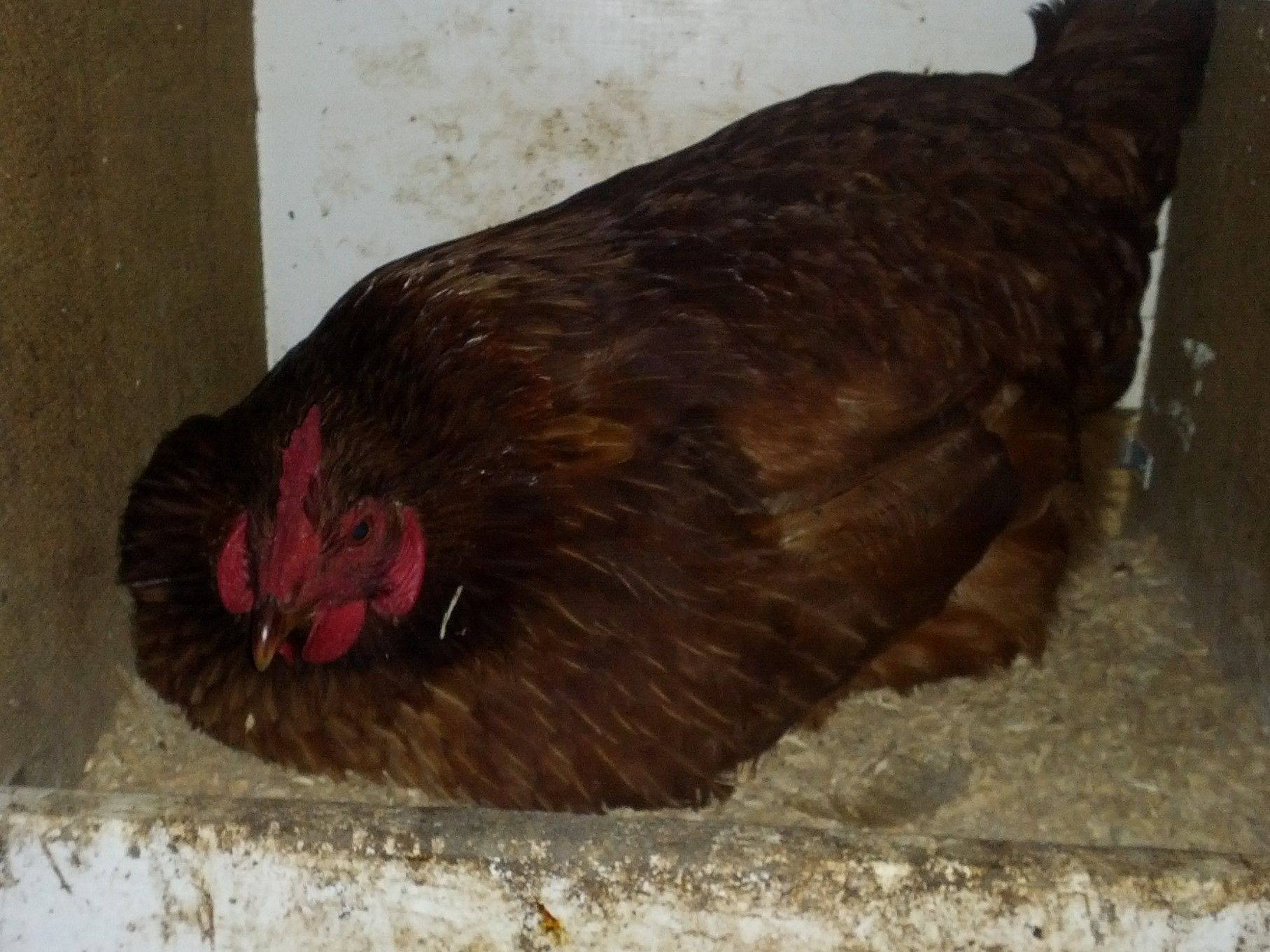The only two chicken breeds I need
.jpg)
For a number of years I have been trying to determine which breed of chickens is best for our homestead. After trying a half a dozen breeds I have settled on two. There a lot of good breeds available and many people have their favorites, so I do not want to belittle anyone’s choice. I only speak from my experience and what works for me.
I have specific criteria for selecting a particular breed.
They must be able to forage for their own food. I take their food away an hour after sunrise and give it back an hour before sunset. The rest of the time they are on their own. I have had some that would just hang around the coop waiting for the next feeding.
A chicken must be both cold and heat tolerant. I do not have the ability to provide heat in the coop on the cold winter nights. They do like to sit in the shade on the hot summer days. However, all I can do for them is to make sure that they have plenty of water.
I want a combination of egg and meat bird. I do not need a super egg layer like a leghorn, nor do I need a meat bird like a commercial broiler. A bird that will provide about two pounds of meat is fine.
I need a bird that will brood their own eggs, but I also need a bird that will seldom brood. That is why I need two separate breeds.
Having a good-tempered or docile bird is important to me. I do not want a mean aggressive bird that will pick on the others.
My two top choices and why:
The Buff Orpington. Besides having the traits listed above, they will lay 3-5 eggs per week. They will brood their eggs sometimes two times a year. They are also great mothers and will care for their young longer than most other breeds. I have also had them hatch guineas and turkeys. During my first year I had 20 Buffs. Egg production was great until most of them went broody at the same time.
.jpg)
The Rhode Island Red. They will lay about 4-6 eggs a week. However, they will seldom brood their eggs. Consequently, they keep us in eggs year around.
.jpg)
In summary, I have the Buff Orpingtons for breeding and the Rhode Island Reds for egg production.
.jpg)
Thanks for reading and up voting.
Our “An American Homestead” family on Steemit:
Grandpa and Grandma: @hansjugen
Daughter, son-in-law: @mericanhomestead
Grandson #1: @thehomeschoolkid
Grandson #2: Someday
For more articles and videos on off-grid homesteading and on-line store visit https://anamericanhomestead.com/ also
https://www.patreon.com/AnAmericanHomestead
You mentioned your base requirements for meat and eggs, but then only mentioned how many eggs they produce. How much meat are you getting off these birds? And how long do you generally keep them before you turn them into food? And how do you select which ones you plan to turn into food?
Also, how large is the area where you let them range?
I get about 2 pounds of meat and I generally keep The Rhode Island Reds for 18-24 months. The Buff Orpingtons I keep much longer because their function is to produce more young.
How much feed do you go through?
And do you have any problems with them ..err.. over-grazing an area?
I only ask because I've seen them pick an area down to the dirt and pretty much kill off the grass if the feed is thrown out in the same place every day, so I was curious if you had any problems like that, or if maybe that was just a volume issue.
We are currently on our journey to find the ideal birds for our land too, and currently have a super-mixed flock. We have delighted in our Buff Orpington! Shhh...don't tell the others that she's one of my favorites. Your list of requirements is essentially identical to our own--they've got to be tough, foraging, free-ranging, smart birds!
Do you let your Buffs and your Rhode Island Reds cross breed? I wonder what they would produce! Our plan is to allow all of our strongest, best birds to mix, regardless of breed, and to see if we can create our own best-for-our-land-and-purposes mutt chicken.
Mutt chickens! I like the idea. Mutts are sometimes better than the pure-bred filly type...
Both are a great dual purpose bird. That has been what I have found out from talking to others and research about these birds. I believe those are the birds we will have also.
Well, I for one did not know that much about chickens and the differences with respect to brooding characteristics and such. I found this highly imformative and your criterion are logical and makes sense for your needs.